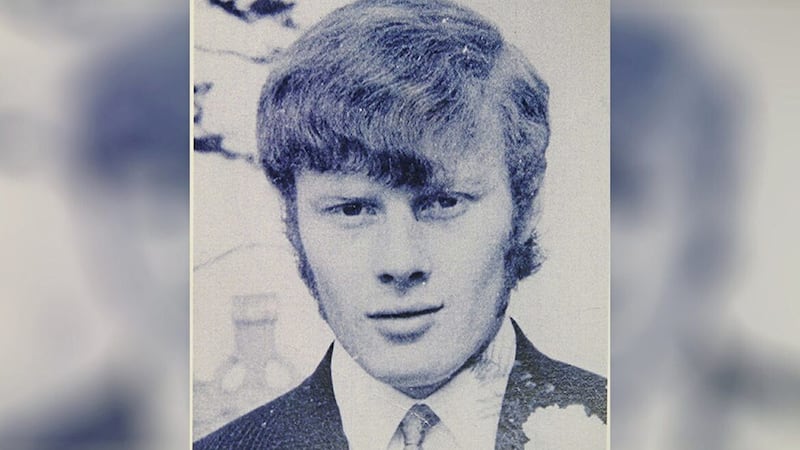THE British army killing of a man as he tried to escape from Long Kesh internment camp almost 50 years ago had a "profound" impact on the lives of his loved ones, an inquest has heard.
Hugh Gerard Coney (24), from Clonoe, near Coalisland in Co Tyrone, was shot in the back by a British soldier as he and other internees tried to escape in November 1974.
Mr Coney, who was known as Gerard by his family, was one of around 32 internees who tried to escape through a tunnel from the Co Antrim camp almost half a century ago.
An original inquest held in 1975 returned an open verdict.
A new inquest was ordered by former Attorney General John Larkin in 2016 and opened in Banbridge on Monday.
Mr Coney's sister Colette Brannigan told a coroner how her brother was a "skilled Gaelic football player" with Clonoe O’Rahilly's who later tuned his talents to snooker and was a Northern Ireland Youth Champion.
She explained how his ability on the green baize led him moving to England in 1968 to take part in the UK Youth Snooker Championship, where he got to the quarter finals.
He was also a member of the famous Gervin’s Snooker Club in Coalisland and a contemporary of Dennis Taylor, who won the World Snooker Championship in 1985.
Ms Brannigan revealed how her brother had beaten the future world champion.
"Only for the introduction of the illegal internment, Gerard would have went on to bigger things in snooker, having beaten the 1985 World Champion Dennis Taylor in Gervin’s Snooker Club, Coalisland where he played as part of Gervin’s ‘A’ team," she said.
"Gerard’s sudden death not only ended his future life and ambitions, but it has also had a profound indescribable impact on the lives of his parents and siblings."
Ms Brannigan said her parents never got over "the pain" of their son's death.
She outlined how Mr Coney cared for his brother Frank, who suffered from Friedreich’s Ataxia, a degenerative muscular condition, and who died in 1979.
"Frank missed Gerard terribly and, given his already severely deteriorating condition, he found it extremely difficult to adjust to life without his brother who had been a source of such great physical and emotional support to him," she said.
Ms Brannigan spoke of the hole left in her family after he was killed.
"It is difficult to express and put into words the mental and emotional impact that the loss of our brother has had on each of us and on our family unit," she said.
"There is so much that we didn’t get to do with Gerard, and so much that we never got to say.
"There is a huge hole in the heart of our family, and we will treasure Gerard’s memory forever."






